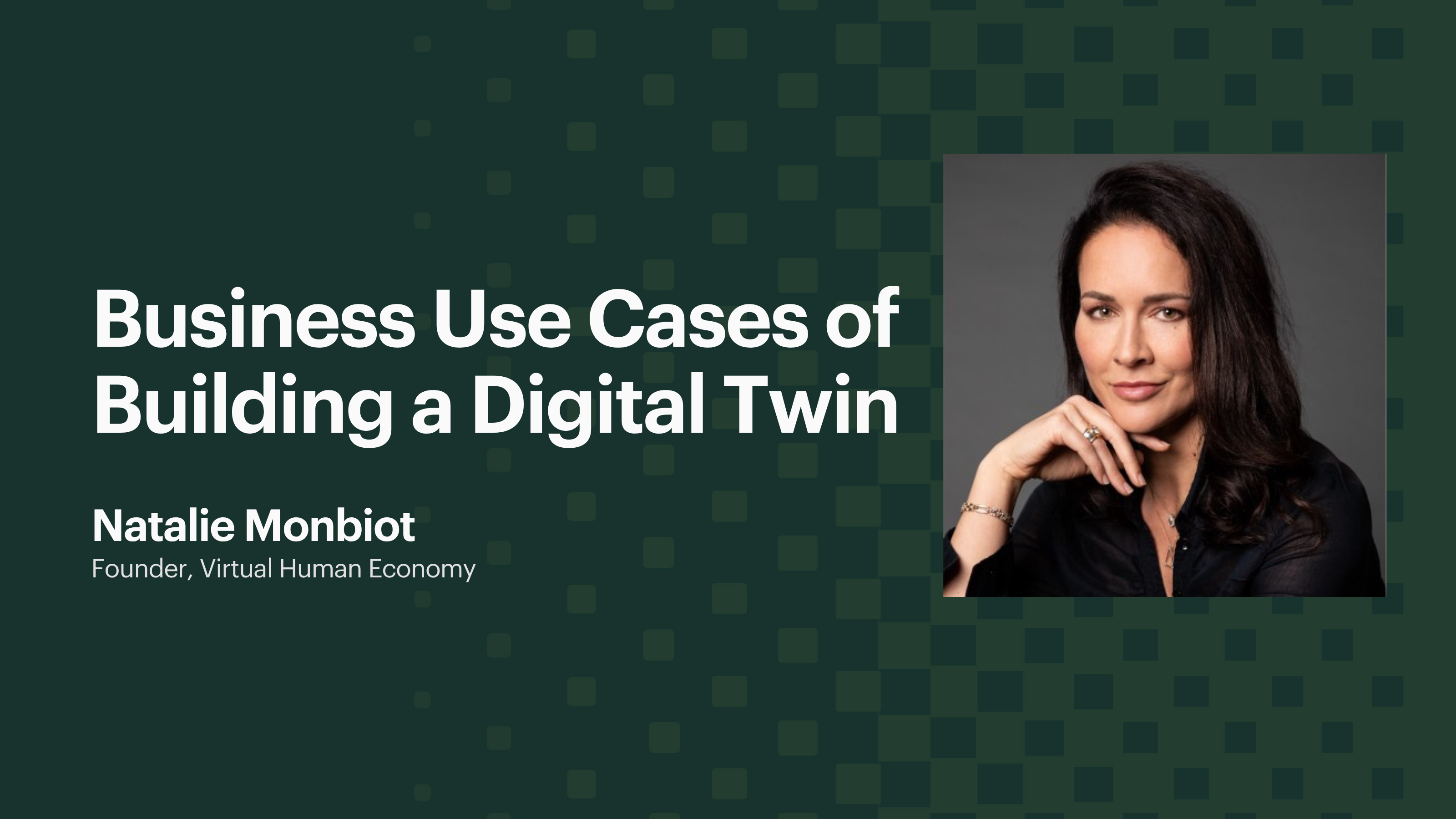In a recent live session on career navigation in the finance ecosystem, Nirbhay Kumar, a seasoned finance professional with over 25 years of experience, shared valuable insights on building successful careers in today's competitive landscape. Currently based in New York City, Nirbhay has worked with industry giants like BlackRock and BNY Mellon, and now dedicates his time to advising both experienced professionals and students on career growth, personal branding, and strategic networking.
Understanding Your Core Skills: The Foundation of Career Success
Nirbhay emphasizes the importance of understanding your fundamental skills before making any career moves. He categorizes professionals into basic skill types: builders, sales professionals, scalers, and organizers. This approach helps people identify where their strengths lie and where those skills are most in demand.
For experienced professionals with 15-20 years of experience, Nirbhay recommends breaking down their experience generically rather than focusing solely on titles and company names. This method opens up opportunities that might otherwise be overlooked. He helps clients understand what they want to do more of, what they want to do less of, and then matches these preferences with market demand.
The Art of Personal Branding
Personal branding forms the cornerstone of Nirbhay's coaching approach. He observes that many experienced professionals make the mistake of using their LinkedIn headlines simply to state their title and company name. This approach doesn't communicate value to anyone outside their organization.
Instead, Nirbhay helps clients craft compelling narratives. He works with them to develop a "10-second headline pitch" and a "60-floor elevator ride pitch" that focuses on their two to three key career themes. The emphasis is on achievements, expertise, and aspirations rather than static titles or passive language.
Starting Early: Advice for Students
For students, Nirbhay recommends starting their LinkedIn presence as early as their second or third year of high school. He believes the earlier students begin building their professional brand, the better positioned they'll be for future opportunities.
When working with first and second-year college students, Nirbhay focuses on the "present continuous," what they're currently learning about, and how they want to be seen professionally. Students should actively post about courses they're taking, guest speakers they interact with, projects they're working on, and clubs they're part of. This active positioning becomes more nuanced and sophisticated as students progress through their college years.
The Current Job Market Reality
Nirbhay acknowledges that the current job market presents challenges, especially with AI disrupting traditional career paths. However, he points out that while hiring in some areas may be down by 50% compared to two years ago, other areas are experiencing growth. The key is understanding where opportunities exist and adapting accordingly.
The skills requirements have also evolved significantly. Jobs that previously required finance or economics majors now increasingly demand technical skills and AI proficiency. Nirbhay emphasizes that AI familiarity is no longer optional; it's a baseline requirement across financial services, consulting, and technology sectors.
AI Integration: A Necessity, Not an Option
According to Nirbhay, AI proficiency is now de facto baseline for professionals at any level. For experienced professionals, this doesn't mean AI will replace their deep domain knowledge and institutional expertise. Instead, AI serves as a tool to enhance, streamline, and focus their work.
He strongly advises that anyone not actively using AI tools like ChatGPT or Gemini in their daily activities must start immediately. The goal is to leverage AI to become more effective while applying one's existing knowledge and skills.
Building Ecosystems vs. Collecting Connections
Nirbhay draws a crucial distinction between networking connections and building professional ecosystems. Connections are static points; introductions without much context that don't necessarily lead to meaningful conversations. Ecosystems, on the other hand, are contextual and collaborative.
An effective ecosystem functions like a personal board of directors. It consists of people you interact with regularly, bringing value to each other over time. This core network, which doesn't need to be large (5-20 people is sufficient), eventually brings opportunities to you rather than requiring you to constantly seek them out.
For experienced professionals, Nirbhay helps them identify peers at their level and one level higher. Even if someone plans to stay with their current company for their entire career, staying connected with this peer group provides access to market insights, resources, and knowledge.
Industry-Specific Insights: FinTech and Venture Capital
In the FinTech space, Nirbhay observes that companies are looking for professionals with contextual experience. For example, a FinTech platform serving hedge funds would greatly benefit from hiring someone with 15-20 years of experience building and scaling technology trading platforms at hedge funds. This person would understand the business use case, know how the buying process works at these institutions, and have technical expertise about what will and won't work.
In the venture capital world, Nirbhay notes a shift away from the traditional "throwing darts" approach. Many VCs are moving toward more concentrated portfolios, making fewer but larger bets based on deeper due diligence. This trend creates demand for professionals who can evaluate investments comprehensively, thinking across functions like finance, marketing, and product development.
The Value of Cross-Functional Experience
Nirbhay advocates for gaining cross-functional experience, especially for students. He shares the example of a student he's worked with who completed three different internships by his junior year: one with a blockchain company, one with a venture capital firm doing market research, and one in investment banking. This approach provides perspective and dramatically increases chances of success in future applications.
Rather than specializing early, Nirbhay recommends understanding the available ecosystem early and gaining experience in multiple areas. This allows students to make informed decisions about their career direction based on experience rather than assumptions.
Career Pivots for Experienced Professionals
For senior professionals considering career changes, Nirbhay emphasizes understanding both core skillsets and personal risk profiles. A 40-year-old professional may have different financial commitments (college tuition, mortgage payments) compared to a 55-year-old who might be more financially secure and able to take on innovative roles with potentially lower compensation but higher fulfillment.
He's seen clients transition from managing hundreds of people in corporate settings to individual contributor roles in smaller companies or consulting. Others leverage specialized expertise to work as contractors in their specific domains, which can be quite lucrative.
Practical Preparation Over Scattered Approaches
One of Nirbhay's key observations about why many job seekers struggle is their lack of preparation and direction. He describes receiving a text from a senior asset manager executive who receives numerous resumes but finds it difficult to help candidates because they arrive unprepared, without context or proper introductions.
Nirbhay's approach focuses on preparing clients thoroughly before any networking or interview opportunity. Students and professionals he works with understand the ecosystem, know about specific companies and individuals they're speaking with, and can articulate their value proposition clearly.
The Road to Success
Throughout the conversation, Nirbhay emphasizes that success in today's finance ecosystem requires a combination of strategic thinking, continuous learning, and authentic relationship building. The days of generic applications and passive job searching are over. Instead, professionals need to actively build their brands, develop meaningful professional relationships, and stay current with technological developments.
His approach has yielded strong results for both students and experienced professionals, demonstrating that with proper guidance, preparation, and strategic thinking, individuals can navigate even challenging job markets successfully.
The key takeaway from Nirbhay's insights is that career success in the finance ecosystem isn't just about technical skills or academic credentials; it's about understanding the landscape, building authentic relationships, and positioning yourself strategically for the opportunities that align with your skills and aspirations.
.jpg)


